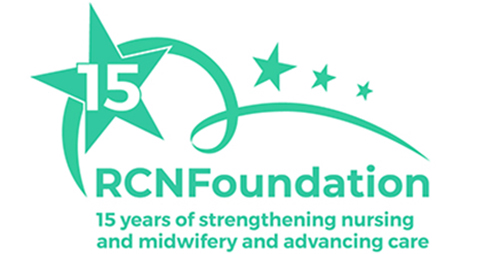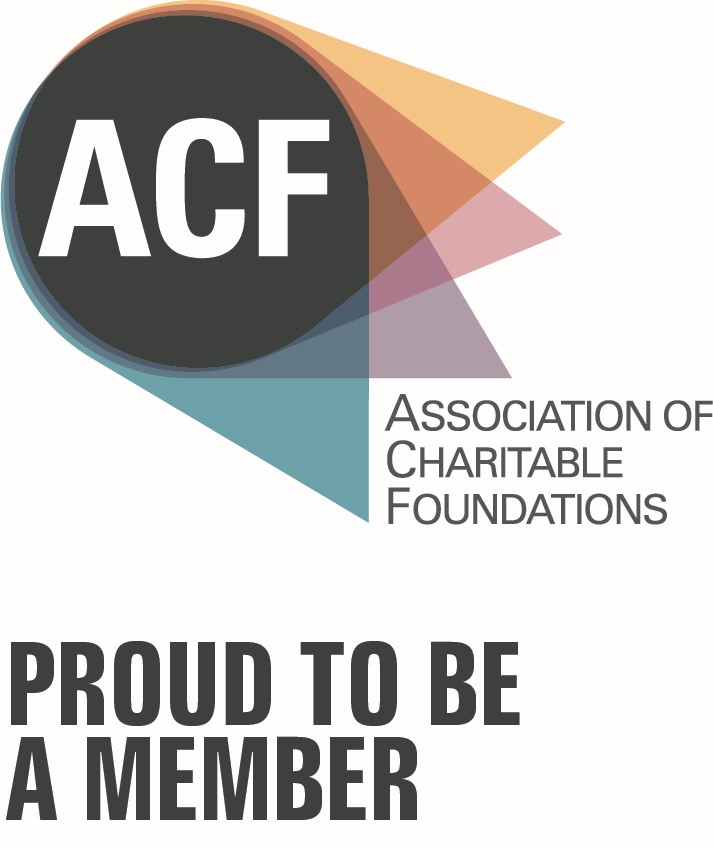The RCN Foundation has partnered with LV= to establish the RCN Foundation LV= Quality Improvement Project for nursing and midwifery staff. This programme will fund opportunities for nursing and midwifery led QI projects that improve patient care and safety, help in addressing health inequalities and improve outcomes for nurses and midwives’ wellbeing.
The request for grant-making activities in QI was driven by nurses, midwives and healthcare support workers wanting to carry out small step changes in their workplace to reach maximum impact. Additionally, carrying out QI projects can contribute towards continuing professional development (CPD) activity for an individual who may be undertaking further education.
Eligibility criteria
The RCN Foundation is seeking to fund up to 10 QI projects across the UK on an annual basis, with grants of up to £2,500 available.
To be eligible for the QI grants programme, you must be a:
- Registered nurse
- Registered midwife
- Registered nursing associate
- Health and support care worker
- Maternity assistant.
Please note, this is not open to pre-registration nursing and midwifery students.
You do not need to be a member of the RCN to apply.
We expect the majority of applications to be for projects lasting up to 12 months, but we will accept applications that are for longer. We will prioritise applications from areas of high health inequalities.
How to apply
To apply for the RCN Foundation LV= Quality Improvement Project, click here.
Please submit applications to grants@rcnfoundation.org.uk.
The deadline to apply is 5pm on Monday 28 April 2025.
The RCN Foundation has a long-standing successful partnership with LV= and together they are seeking high quality applications for QI projects to help improve quality of person-centred care and reduce health inequalities in the UK.
Please note: the grant may close early if we receive a high volume of applications. All applications will be reviewed after the closing date.

FAQs
The best projects are usually small changes that make a significant impact in terms of improved patient experience, better care, productivity or improved ways of working.
The assessment process can take up to three months, so please do factor this in when applying for a grant.
Some examples can include:
- Interventions to reduce medication administration errors
- Decreased number of urinary catheter infections
- Improved care coordination among departments
- Improved electronic medical record documentation
- Optimised sepsis care
- Reduced hospital readmissions.
We will be looking for projects that can help:
- Improve patient care and safety
- Enhance person-centred care
- Initiatives that can help in addressing health inequalities
- Improved outcomes for nurses and midwives’ wellbeing
- Benefits for the workforce including workplace culture
- Provide evidence of co-production with service users family and carers.






